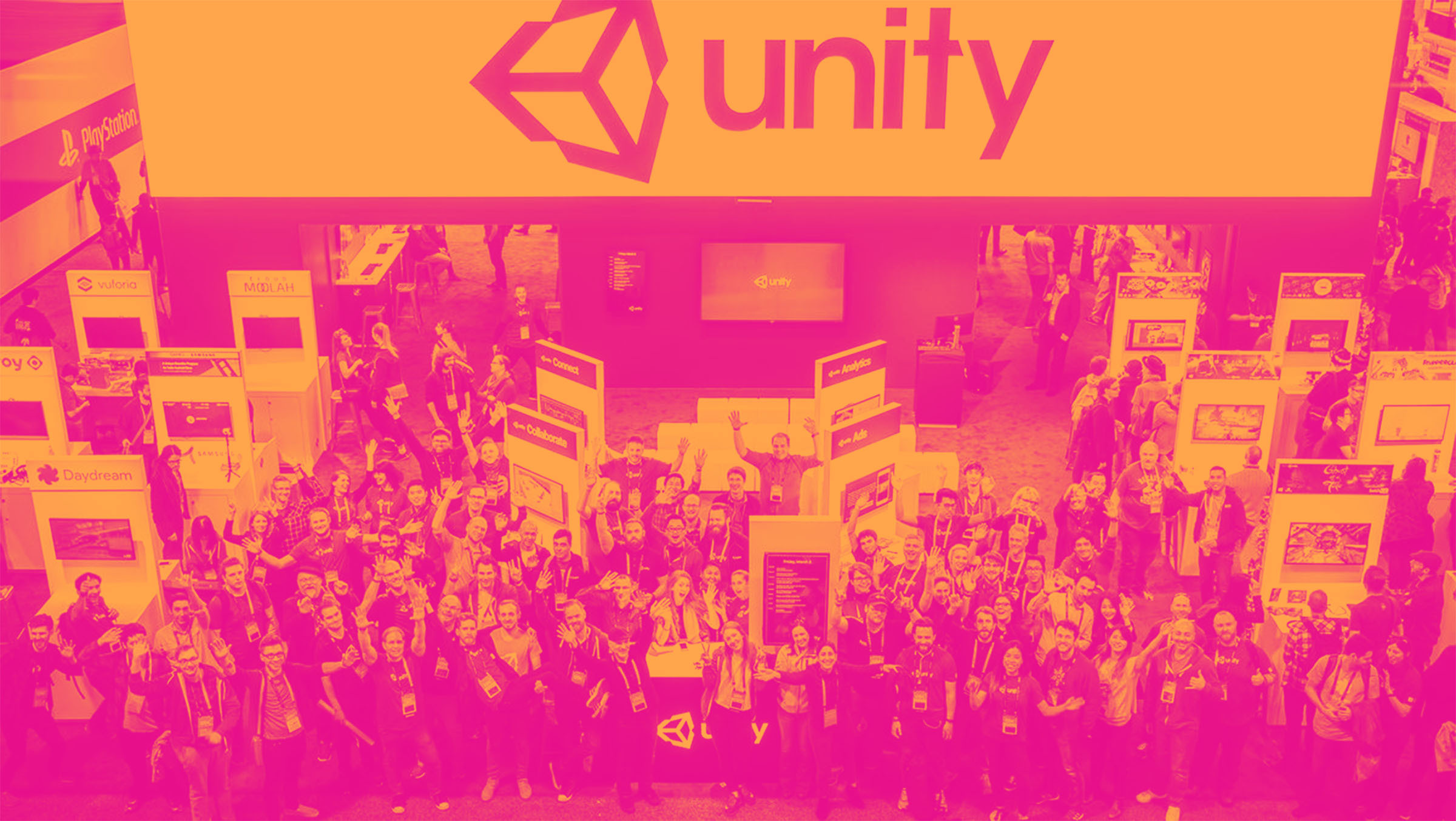
What Happened?
Shares of game engine maker Unity (NYSE: U) fell 8% in the afternoon session after the company reported weak third-quarter earnings. Its full-year revenue guidance was underwhelming and its EBITDA guidance for next quarter fell short of Wall Street's estimates. And while sales came in ahead of expectations during the quarter, it still translated to an 18% year-on-year decline, which is concerning. Given that markets are forward-looking, the weak EBITDA guidance meant investors were likely to overlook the bottom line beat recorded in the quarter.
Unity called out market uncertainty, particularly with slower recovery in key growth segments and ongoing caution around customer renewals.
As a reminder, Unity recently updated its pricing plans to a subscription-based model, making it easier for consumers to adopt after a backlash from its user community. The pricing updates are set to take effect on January 1, 2025, which means some customers might delay renewals. These factors likely impacted the company's ability to project stronger future performance. Overall, this quarter could have been better.
The stock market overreacts to news, and big price drops can present good opportunities to buy high-quality stocks. Is now the time to buy Unity? Access our full analysis report here, it’s free.
What The Market Is Telling Us
Unity’s shares are extremely volatile and have had 34 moves greater than 5% over the last year. In that context, today’s move indicates the market considers this news meaningful but not something that would fundamentally change its perception of the business.
The biggest move we wrote about over the last year was 9 months ago when the stock dropped 19.1% on the news that the company reported fourth-quarter results with full-year 2024 revenue and EPS guidance falling short of analysts' estimates. Although this quarter's headline revenue beat, Unity stated it benefited from a unique event where one of its customers, Wētā, terminated its service agreement and opted for a perpetual license to access its software. This resulted in a one-time revenue boost of $99 million - without this sale, Unity's revenue would have been $510 million, dropping 2% year on year.
In its shareholder letter, James Whitehurst, the company's recently appointed CEO (October 2023), also shared Unity's new strategy. The company's reset will be split into two phases, the first being to focus on its core business by narrowing its investments. Unity also intends to right-size its cost structure, as seen in its January 8th layoff of 25% of its workforce. Phase one is expected to finish by the end of Q1, and once Unity's leaner cost base is established, it plans to return to growth initiatives and new product development.
Overall, this was a mediocre quarter for Unity, and investors are likely uncomfortable with the company's outlook.
Unity is down 47.2% since the beginning of the year, and at $20.48 per share, it is trading 52.1% below its 52-week high of $42.73 from December 2023. Investors who bought $1,000 worth of Unity’s shares at the IPO in September 2020 would now be looking at an investment worth $299.63.
Today’s young investors won’t have read the timeless lessons in Gorilla Game: Picking Winners In High Technology because it was written more than 20 years ago when Microsoft and Apple were first establishing their supremacy. But if we apply the same principles, then enterprise software stocks leveraging their own generative AI capabilities may well be the Gorillas of the future. So, in that spirit, we are excited to present our Special Free Report on a profitable, fast-growing enterprise software stock that is already riding the automation wave and looking to catch the generative AI next.




